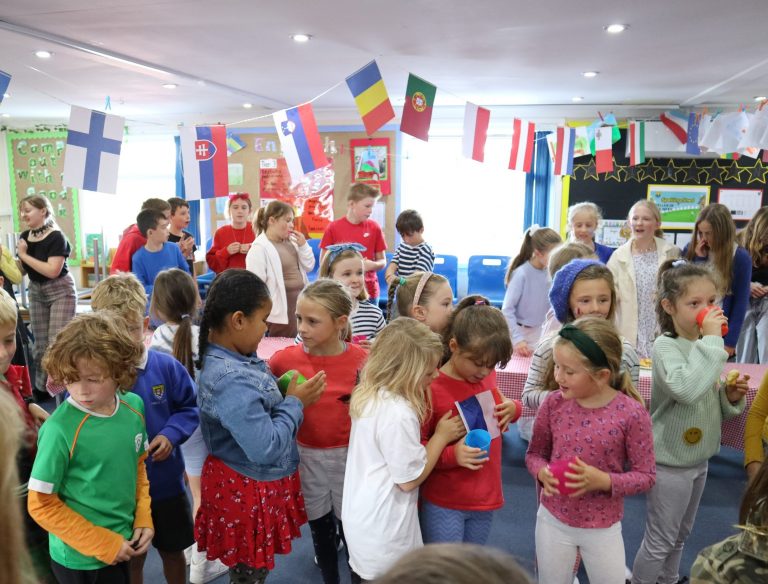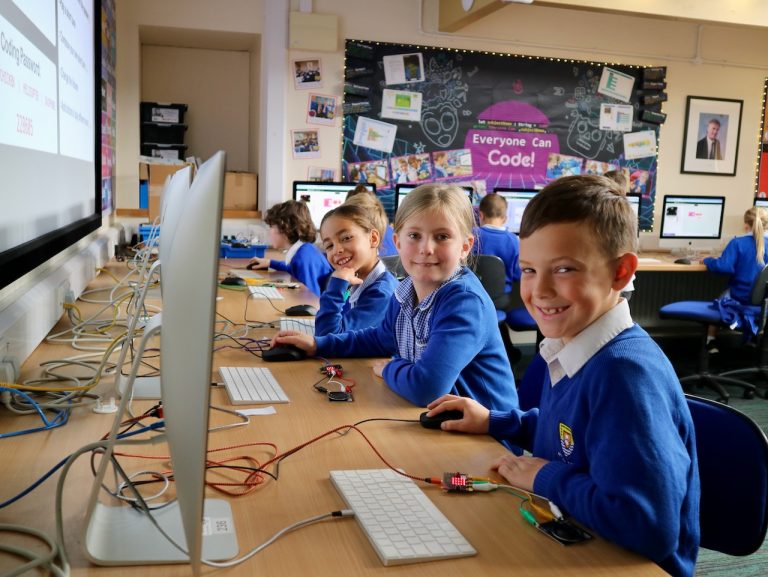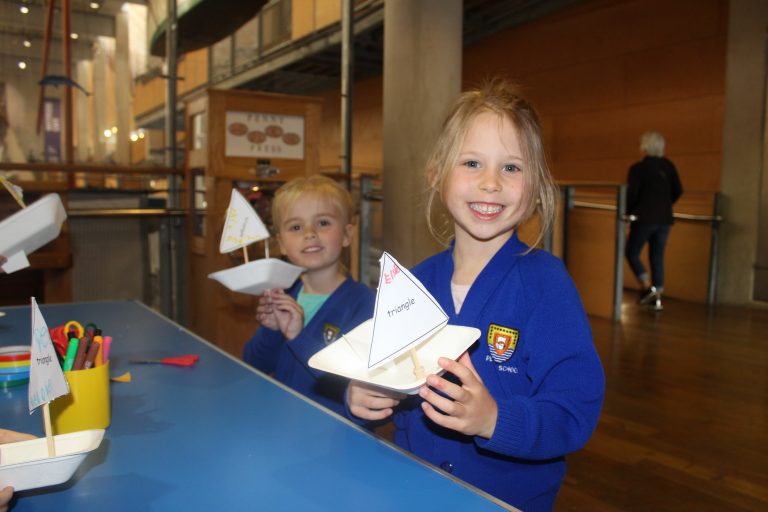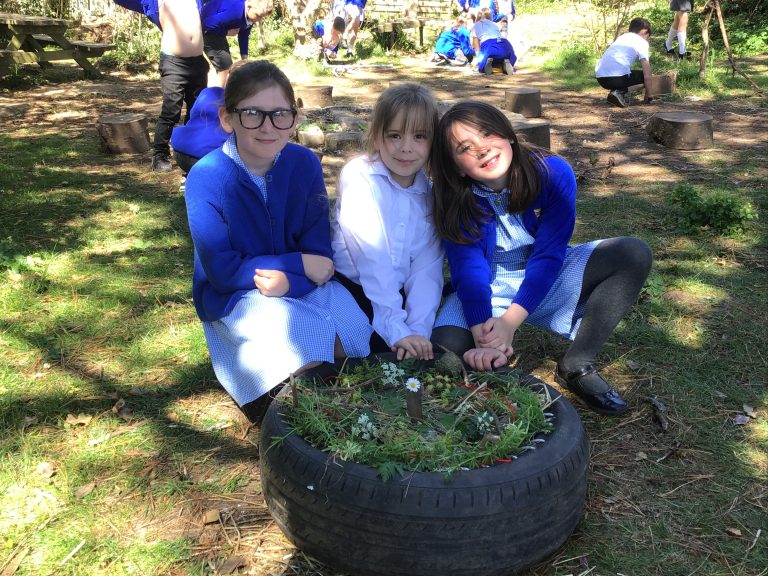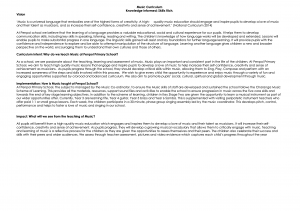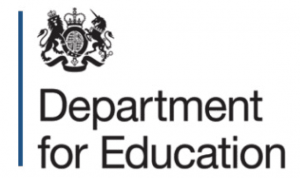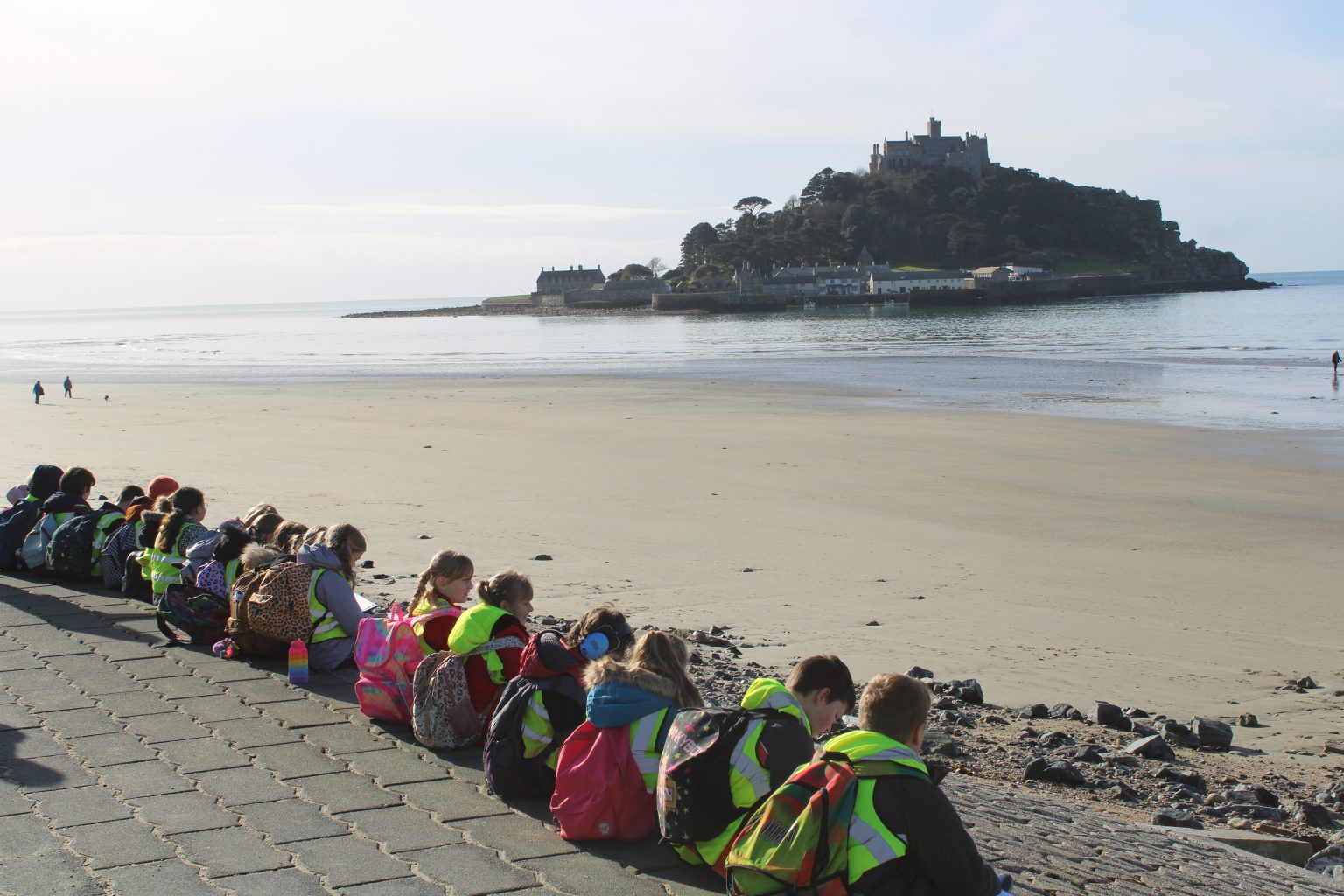
Curriculum Links
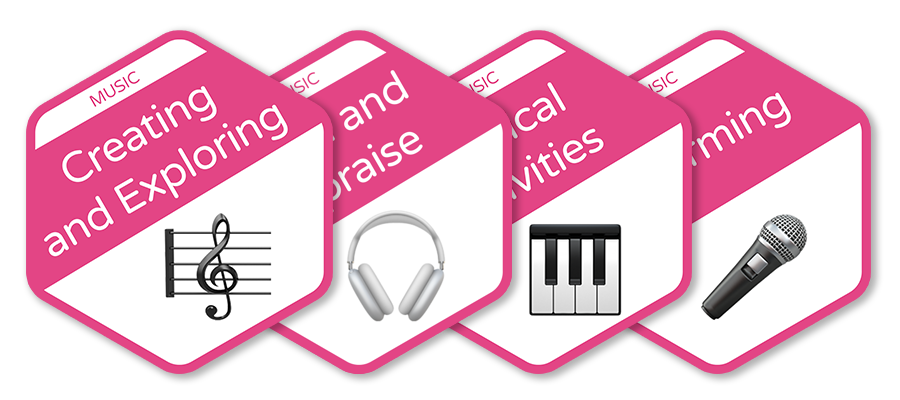
Music Curriculum
Music at Penpol School is led by Colin Jones
Music at Penpol School
- Vision
- Intent
- Implementation
- Impact
‘Music is a universal language that embodies one of the highest forms of creativity. A high-quality music education should engage and inspire pupils to develop a love of music and their talent as musicians, and so increase their self-confidence, creativity and sense of achievement.’ (National Curriculum 2014).
At Penpol school we believe that the learning of a language provides a valuable educational, social and cultural experience for our pupils. It helps them to develop communication skills, including key skills in speaking, listening, reading and writing. The children’s knowledge of how language works will be developed and extended. Lessons will enable pupils to make substantial progress in one language. The linguistic skills gained will assist and lay foundations for further language learning. It will provide pupils with the confidence and independence to explore and be able to attempt manipulation of the structure of language. Learning another language gives children a new and broader perspective on the world, encouraging them to understand their own cultures and those of others.
Why do we teach Music at Penpol School?
As a school, we are passionate about the teaching, learning and assessment of music. Music plays an important and consistent part in the life of the children. At Penpol Primary School, we aim to teach high quality music lessons that engage and inspire pupils to develop a love of music to help increase their self-confidence, creativity and sense of achievement as musicians. As pupils progress through the school, they should develop critical skills within music, allowing them to Sing, Play, Compose and perform with an increased awareness of the steps and skills involved within this process. We wish to give every child the opportunity to experience and enjoy music through a variety of fun and engaging opportunities supported by a broad and balanced curriculum. We also aim to promote pupils’ social, cultural, spiritual and global development through music.
How is Music taught at Penpol School?
At Penpol Primary School, The subject is managed by the Music Co-ordinator. To ensure the Music skills of staff are developed and sustained the school follows the Charanga Music Scheme of Learning. This provides all the materials, resources, support sound files and activities to enable the school to ensure progression in music across the five core skills and towards the end of key stage learning objectives. In addition to the scheme of learning, children in Key Stage Two are given the opportunity to learn a musical instrument as part of our wider opportunities offer. Currently, Year 3 are learning fife, Year 4 guitar, Year 5 brass and Year 6 Samba. This is supplemented with visiting peripatetic instrument teachers who offer paid 1:1 or small group lessons. Each week, the children participate in a 30 minute, phase group singing assembly led by the music coordinator. This develops pitch, control, performance and helps to foster a love of music and singing in our school.
What will we see from the teaching of Music at Penpol?
All pupils will benefit from a high-quality music education which engages and inspires them to develop a love of music and their talent as musicians. It will increase their self-confidence, creativity and sense of achievement. As pupils progress, they will develop a growing musical vocabulary that allows them to critically engage with music. Teaching and learning of music is a reflective process for the children as they are given the opportunities to assess themselves and their peers. The children also celebrate their success and skills with their peers and wider audiences. We assess through teacher assessment, pictures and video evidence which captures each child’s progress throughout the year.
Concepts taught in Music at Penpol
-
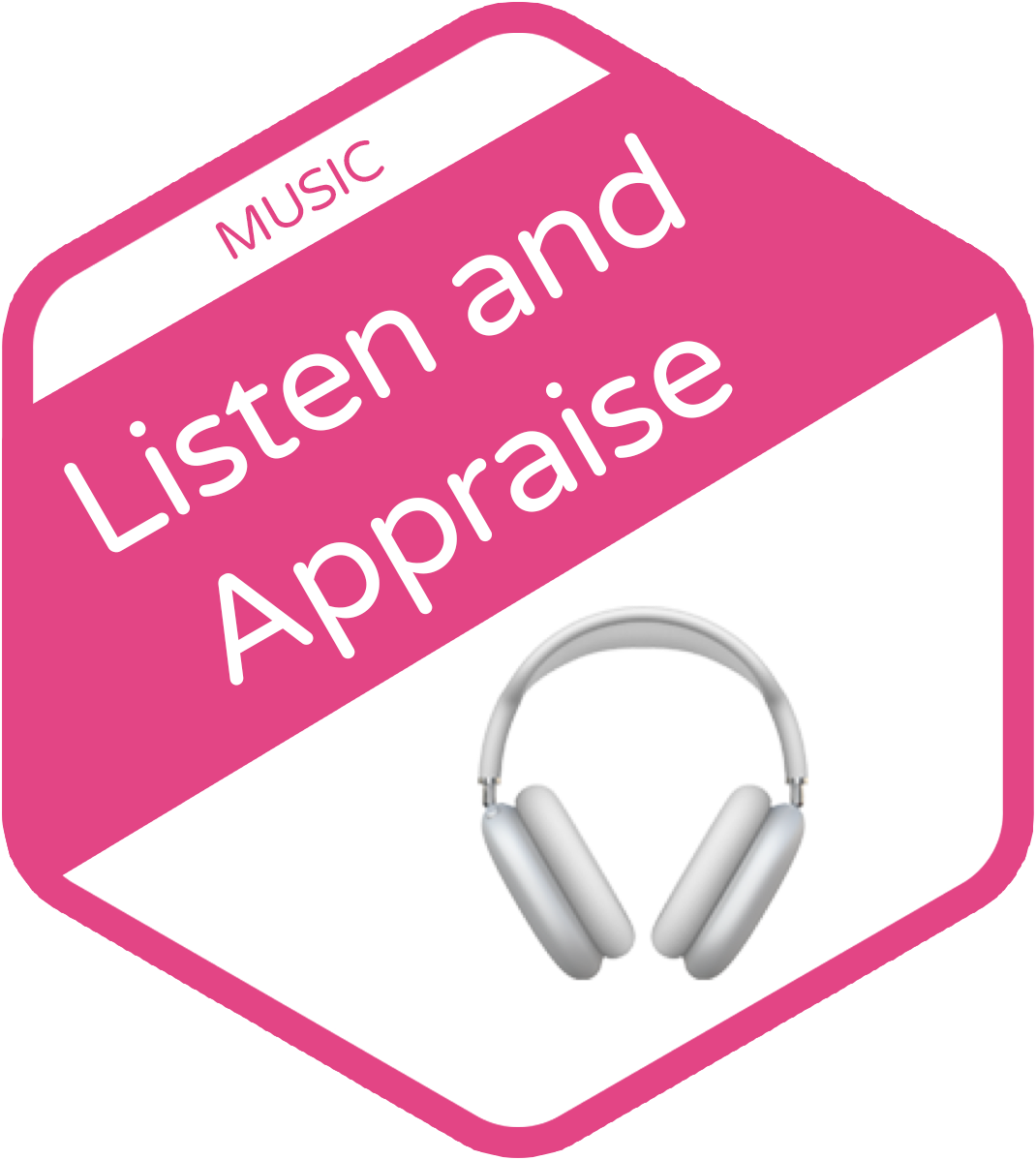
Listen + Appraise
Pupils will listen to, review and evaluate music across a range of historical periods, genres, styles and traditions, including the works of the great composers and musicians.
-
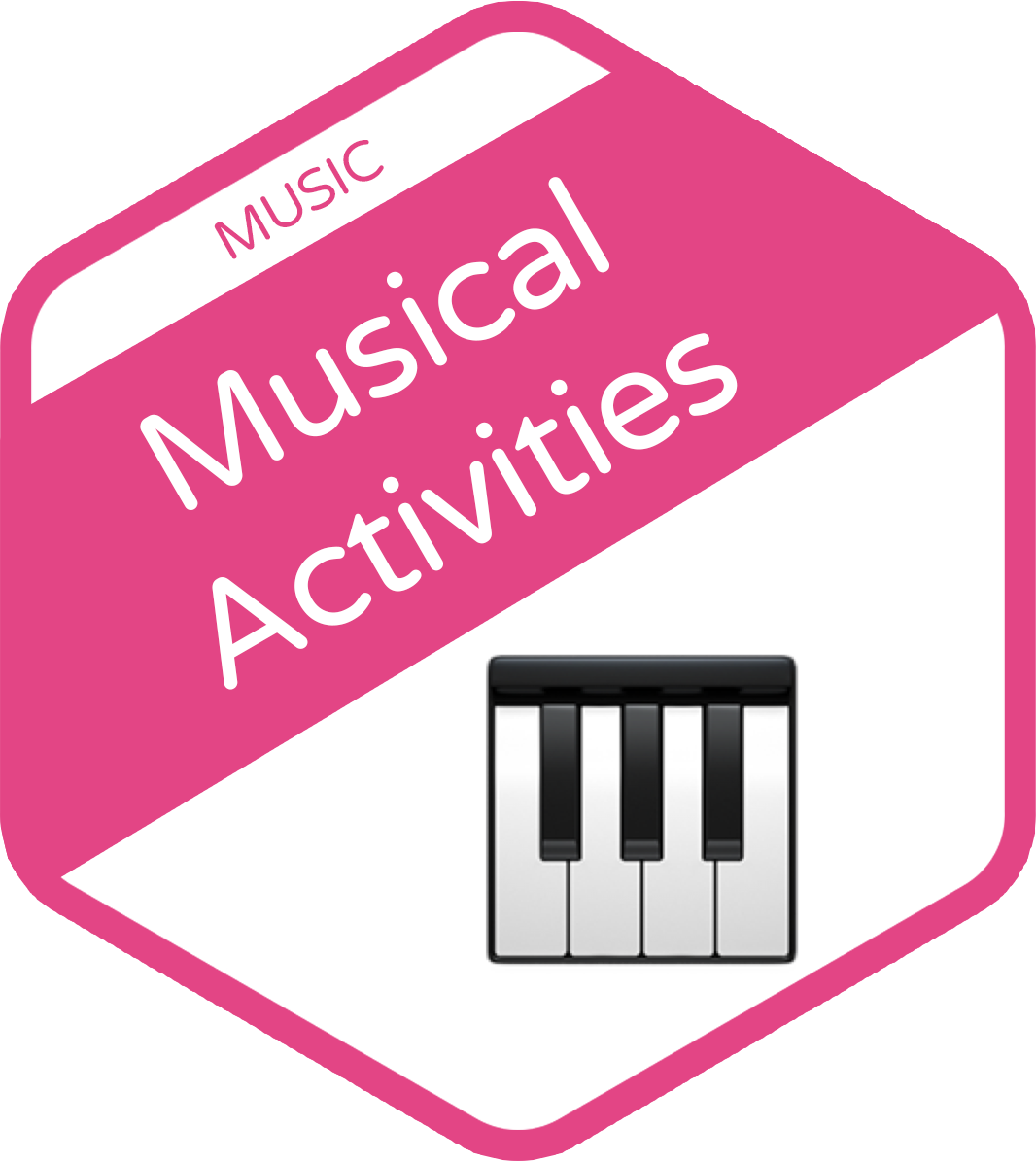
Musical Activities
During musical activities, pupils should be taught to sing and play musically with increasing confidence and control. They will develop an understanding of musical composition, organising and manipulating ideas within musical structures and reproducing sounds from aural memory. Pupils will sing and learn to play a variety of instruments.
-
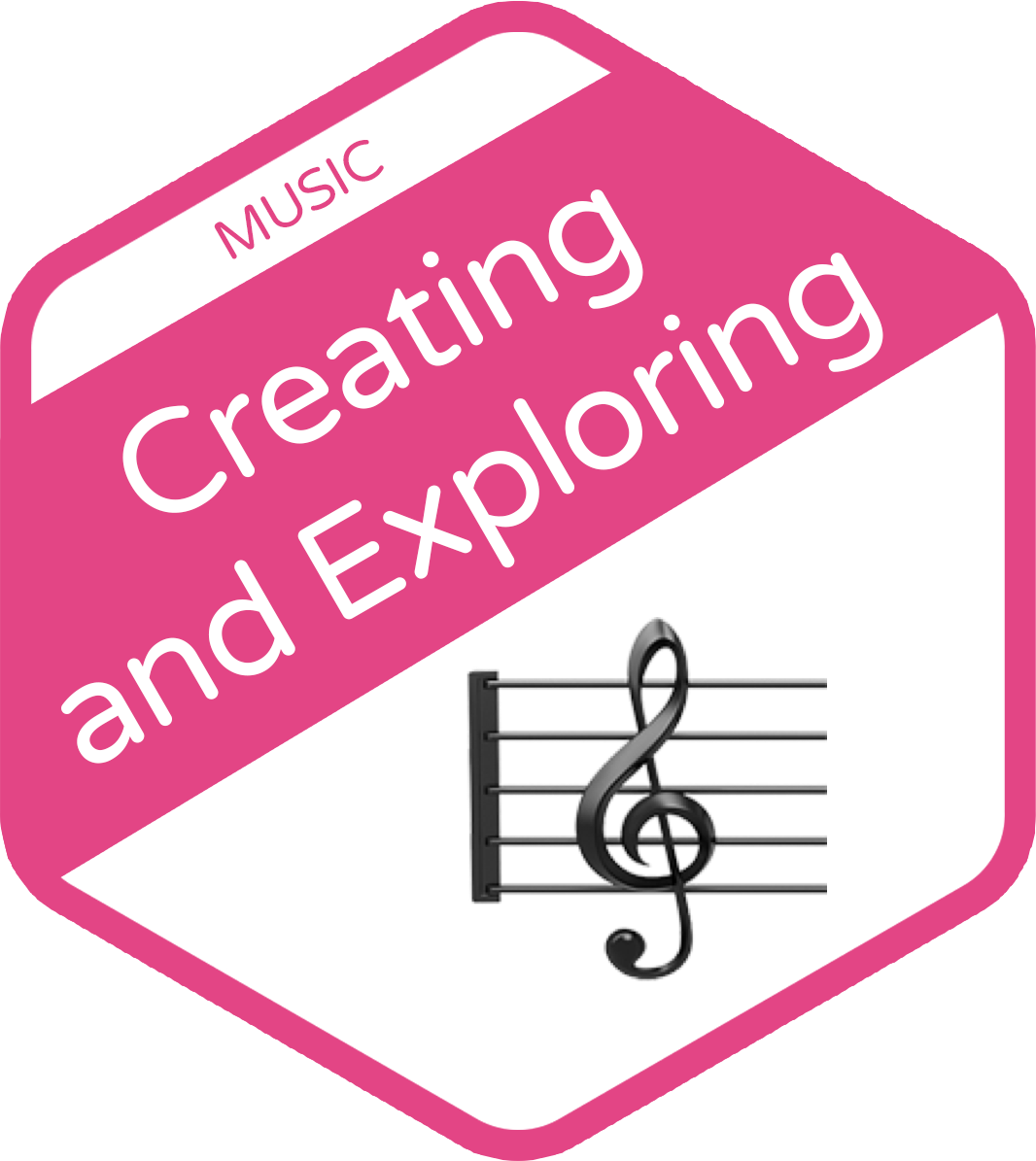
Creating + Exploring
Children will learn to create and compose music on their own and with others and explore the styles and genres, improvising on a theme using instruments and voice. They will use a variety of techniques to record their compositions, transcription using graphic or standard notation and the use of technology.
-
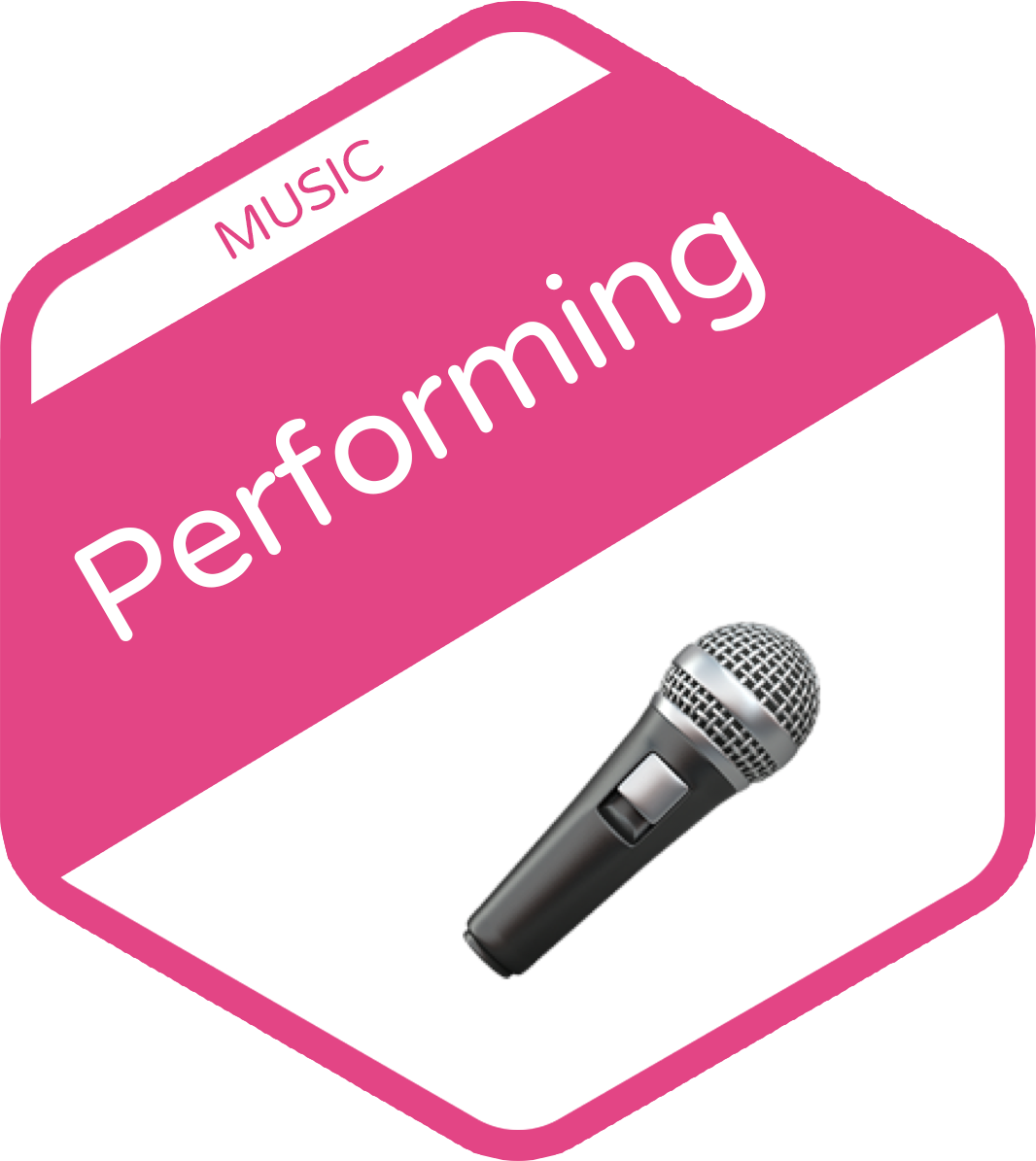
Performing
Children have the opportunity to learn a musical instrument and perform voice or instrument to others in a number of settings; in class, whole school or to the wider community. They will use technology appropriately and have the opportunity to progress to the next level of musical excellence.
Other Documents
Useful Links
This page was last updated:
7th February 2023


